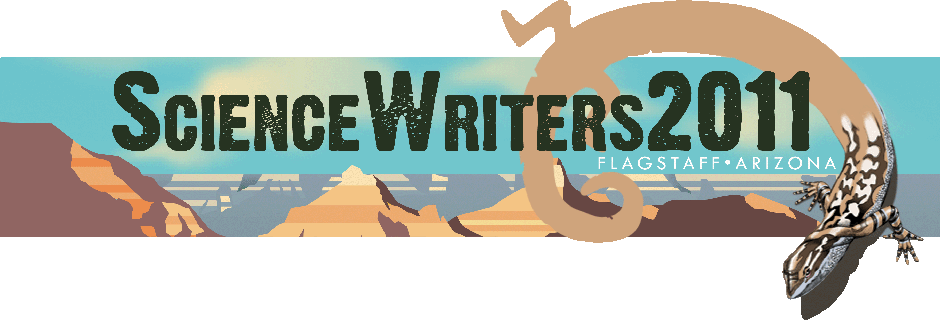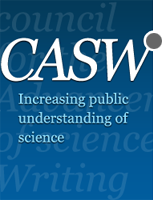Boosting intelligence
- Time:
- Sunday, October 16th, 4:15 pm - 5:15 pm
- Location:
- Agassiz/Fremont
- Speaker(s):
- John Jonides, Ph.D.
The web is full of any number of get-smart-quick schemes, from listening to Mozart (too late if you can read this) to trying to read Stephen Hawking’s books. Most psychologists thought they knew better—intelligence is something we’re born with, and the way to boost it is to choose the right parents (again, too late). At least that’s what they knew until John Jonides started challenging that orthodoxy. He has studied short-term memory for years and has devised a number of tests to measure it in his research subjects. He began to wonder whether his subjects could get better at those tests with practice.
Short-term memory is one of the components of what’s called fluid intelligence—the intelligence we think we’re born with, that can’t change. (The other kind, crystallized intelligence, increases as we grow, learn, and experience the world. That’s our reservoir of information.) One exercise, called the n-back test, which Jonides will explain, led to clear improvements in fluid intelligence in young adults. He then demonstrated the same thing in children and is now studying older adults. And he is tracking the changes using fMRI in his most recent studies. Fluid intelligence is highly correlated with the kind of intelligence measured in such tests as the SAT and the GRE. “It’s very early in the game,” he says. “But if the work continues to pan out, there will be a time when you would be able to prescribe a set of training tasks to increase your skills.” For more information


